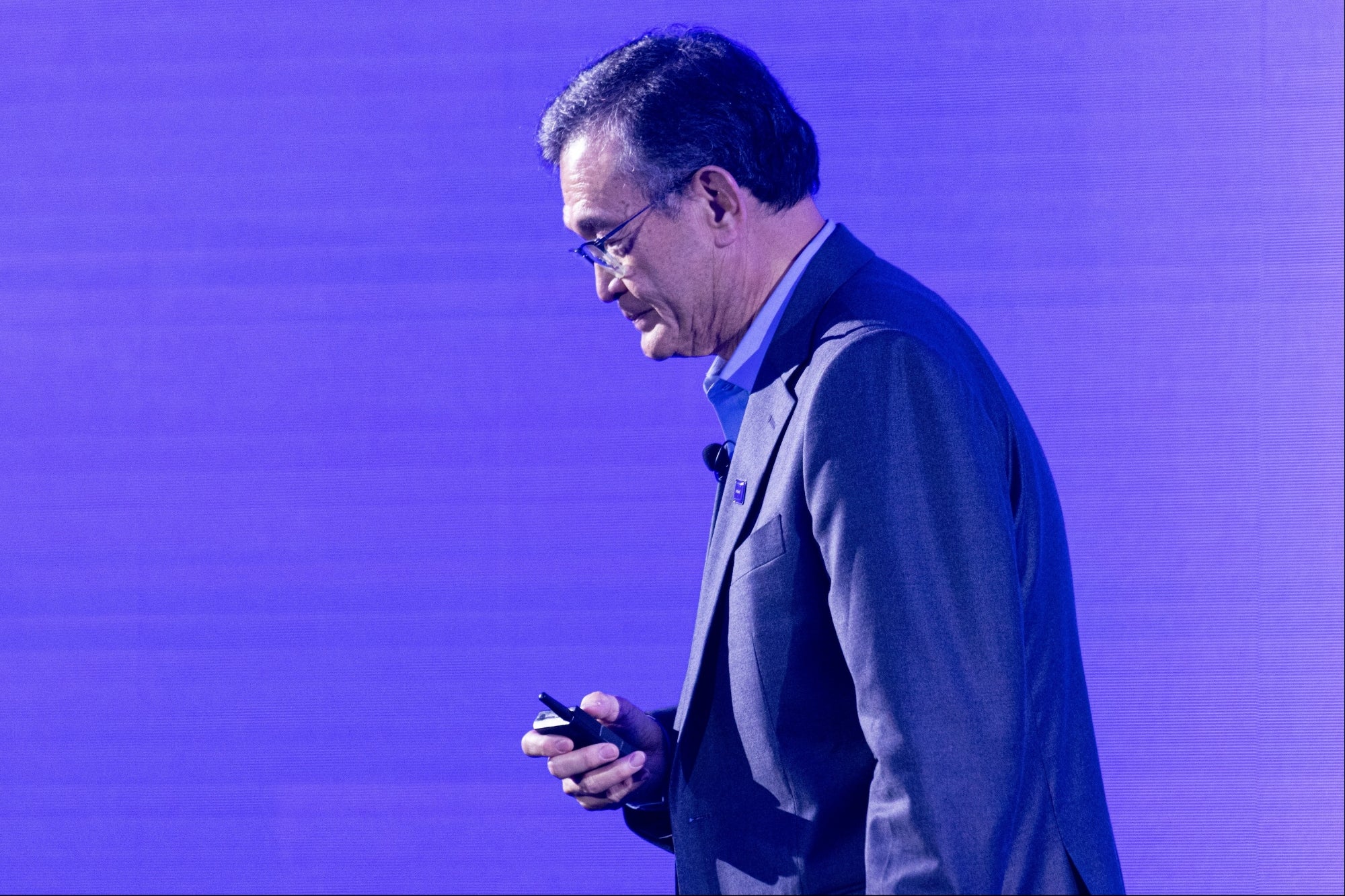How to Remain Customer First in the Digital Age By using new technology to create innovative product, design and communication, it can be easier than ever for brands across all industries to remain focused on the customer.
By Lane Gerson and Ariel Nelson Edited by Dan Bova
Opinions expressed by BIZ Experiences contributors are their own.

We're playing in a direct-to-consumer world.
For one, ecommerce, wherein consumer goods are packaged, bundled, custom-made, and sold online has changed the game. Physical stores are no longer the only way for consumers to purchase goods, and perhaps more importantly by cutting out unnecessary middlemen, companies can now make high-quality products for people who were priced-out during an age when buying directly from the manufacturer wasn't possible.
And yet, the physical stores of high-quality retail brands like J.Crew still exist. People still like stores and for good reason -- in a lot of ways it's a more gratifying experience. Even the most talkative UPS delivery guy has no way of knowing whether your latest Amazon shipment will be the right size or not. Gone is the flattery, the rapport and the often expert advice that come from shopping with actual people as opposed to on a site.
Related: 5-Star Customer Service Should Hurt a Little
For those struggling with how to bring this kind of customer-experience back while also embracing new opportunities in technology, here are four tips:
Know when and where your audience is looking and listening.
Most likely, it's on mobile. One of the most basic mistakes that some startups make is the failure to realize where people are going to hear about their company, or where a potential customer will look to learn more. A lot of the advertising channels that are innately mobile -- podcasts for instance -- are not only relatively cheap but a great way to find a highly specific, tech-savvy audience. Generating word of mouth is much easier when you're on the streets. As a startup you need to explore any and every opportunity to speak with your ideal customer.
Don't ditch the store – but also don't be a dinosaur.
When we started our shoe startup, Jack Erwin, we knew that we wanted to sell a high-quality product and have both an online and physical store.
Ecommerce has certainly been a great democratizing force in that it is cheaper than ever to go about starting a business, but it can also feel impersonal. When consumers are buying shoes in particular, they don't want to click on a picture and make a purchase based off of a few photos. Instead, they want to feel, touch and try them on. Today's consumers want to speak with someone who is knowledgeable on the product and about what their options are. On the flipside, we think it's paramount that even a product-first company like ours uses technology to enhance the experience. There's no one way to reach people anymore. If you're not embracing the latest social media channel, your competitors probably are and you're already two steps behind.
Related: Customers Are Not Always Right. They Are Just Never Wrong.
Make the consumer feel special.
The consumer is getting more discriminating. We live in a very consumption-oriented society that can very often feel like it's telling us to buy "more, more, more." That said it's starting to get old. Many brands thrive on social media because people want to feel like they truly know the companies they're purchasing from and can interact with them when they wish.
Troubleshooting can actually be one of the best ways to do this. For example, when a customer takes to Twitter about a broken shoelace, we're quick to reply and send them a replacement along with a handwritten note.
Make the offline experience mirror the online experience.
Many startups are trying to sell a new piece of software or an app: Their tech is the product, as opposed to a means to sell that product. A far more reliable way that successful startups are finding customers is by using technology to help sell something that people already want and need.
To prevent dissonance, make sure your online experience and your in-store experience mirror each other. With Jack Erwin we strive to make both our online and physical store have the same minimalist, curated and communal feel. It's how you let your customers know they're in the right place.
Technology allows us to automate things; It allows us to communicate with people across the world that we may never actually meet. These notions seem at odds with the idea of providing a personal, down-the block experience, but it doesn't have to be that way. By using new technology to create innovative product, design, and communication—it can be easier than ever for brands across all industries to remain customer-first in the digital age.
Related: To Grow Your Customer Base Focus on EOA: Early, Often and Always











